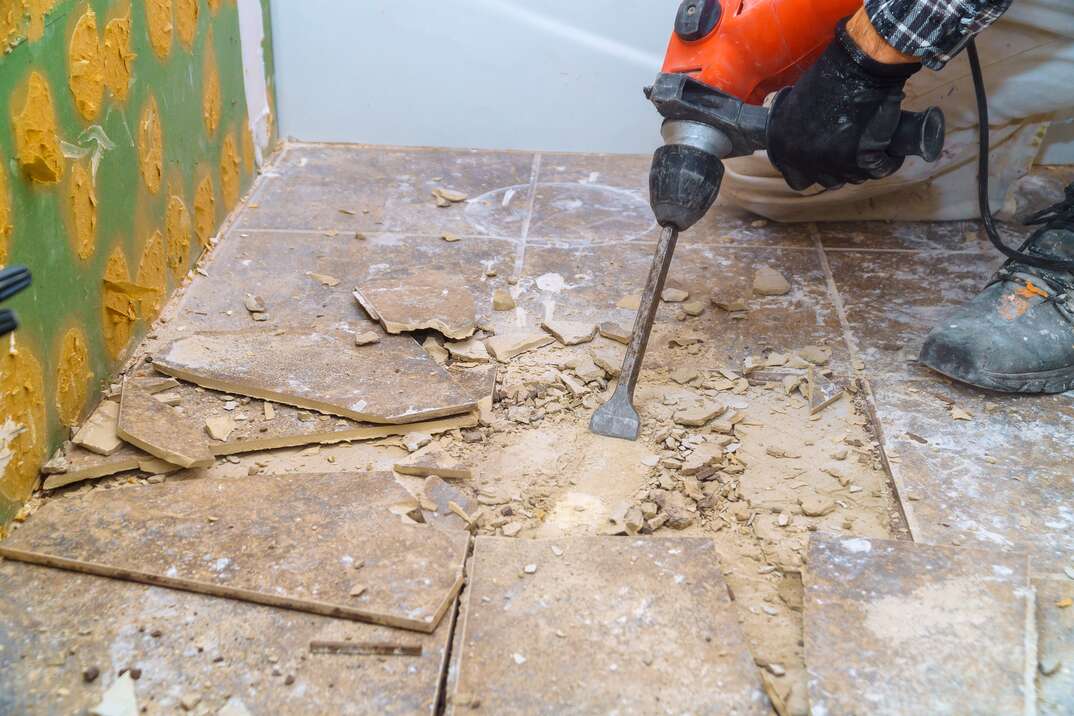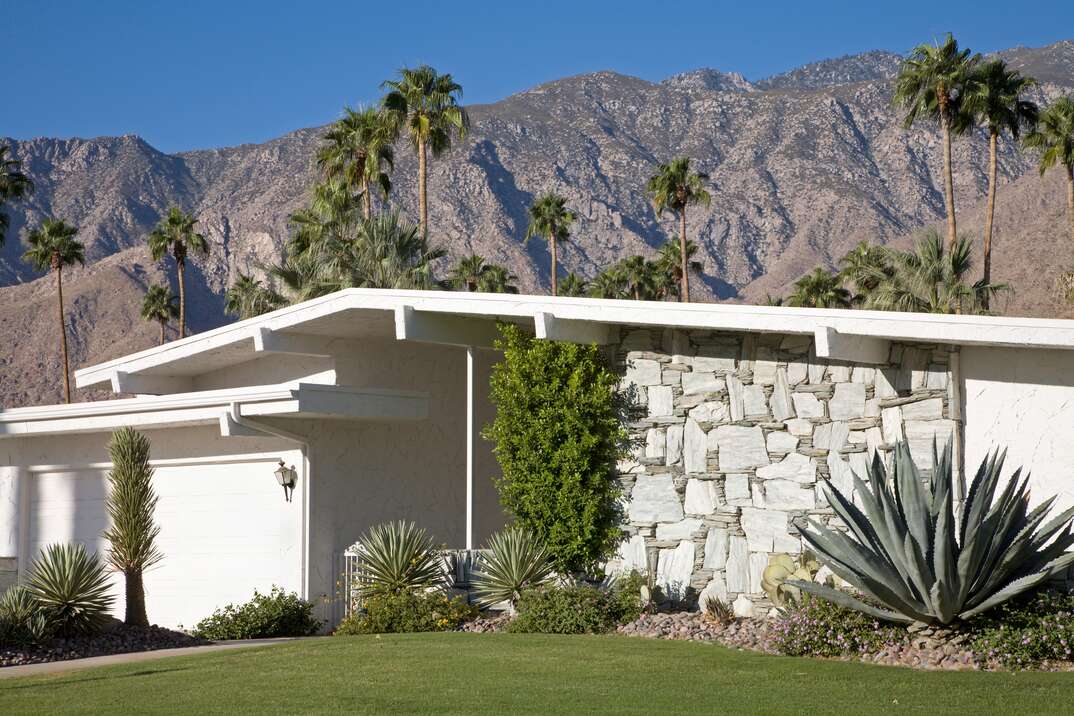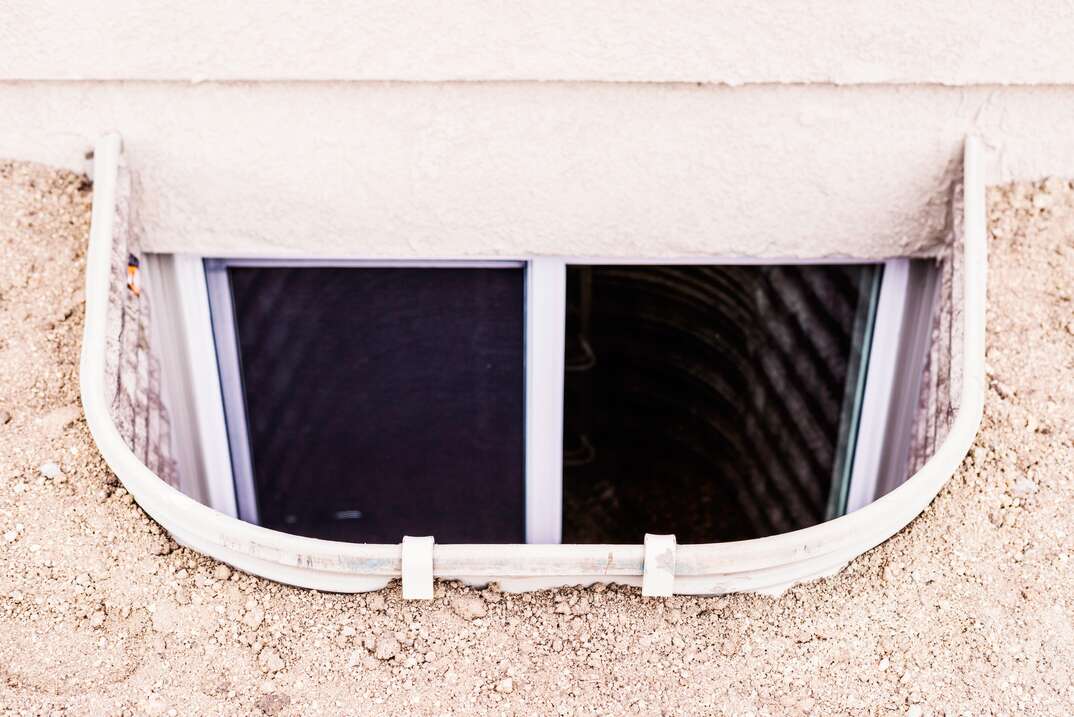Where Can You Rent Tools? And How Much Does It Cost?

From quick maintenance projects to complete room renovations, many projects around the house call for specific tools. If you don't have the equipment you need, you can rent tools from many home improvement and hardware stores. It's an easy, affordable way to get the tools you need for a short time without investing in a piece of equipment.
This May Also Interest You: What Are the Different Types of Screwdrivers and Their Uses?
Plus, some projects — like laying carpet or tile — require tools you’ll almost certainly never use again. There’s no sense in purchasing a tool that’ll only get dusty in the back of your shed. Read on to learn how to rent tools for your upcoming project.
Can I Rent a Tool From Lowe's, Menards or The Home Depot?
These stores all have tools available to rent. You can also rent from local tool stores and smaller home improvement stores. The available tools vary by store. On the small end, you can rent small power tools like nailers, belt sanders and reciprocating saws. On the other end of the scale, you can rent earthmoving equipment, trailers and stump grinders. If you’re looking for smaller hand tools like wrenches and screwdrivers, you'll likely need to buy them instead of renting them.
What Do I Need to Rent a Tool?
Most home improvement stores that rent tools to consumers require a valid photo ID and a credit card. A driver's license, a passport, a military ID or another state or federal photo ID should work. The minimum age to rent tools is usually 18. Many stores require you to be at least 21 to rent vehicles or towable equipment.
The credit card covers the rental fee and any additional charges you might have if you damage the equipment you rent. Some stores offer damage coverage at an additional cost in case something happens to the tools you rent.
You'll also need a way to get the rented tools home. Smaller equipment usually fits in your trunk or the back of a pickup, but larger equipment might require a trailer or a large vehicle to hold it. If you rent towable equipment, you need a vehicle with a hitch to haul it to the job site.
How Much Is It to Rent Tools?
Cost varies widely depending on what you rent. The Spruce says small tool rentals often start around $15 to $20 (CAD 20 to CAD 27) per day. The larger and more specialized the tool, the more the price increases. For example, large equipment like an excavator can cost between $350 and $1,200 (CAD 470 and CAD 1,611) per day, depending on the type and size of the equipment, according to CostOwl.
The cost can also vary depending on how long you rent the tool. Stores might have half-day, daily, weekly and monthly rates with longer periods costing less per day. For example, you might be able to rent a power tool such as a walk-behind stump grinder for $100 to $275 (CAD 134 to CAD 369) for one day, $350 to $900 (CAD 470 to CAD 1,209) for a week or $900 to $1,900 (CAD 1,209 to CAD 2,551) for a month. The weekly rate breaks down to between $50 and $129 (CAD 67 and CAD 173) per day. The monthly rate breaks down to $30 to $63 (CAD 40 to CAD 85) per day. If you need a tool for a longer period, you'll likely pay less per day, so check all of the rental options.
The best way to determine the cost to rent tools is to determine exactly what you need and long you need to rent them. Contact several local stores that have tools for rent and get quotes for the tools you need.
What Are the Most-Rented Tools?
Some of the most popular rented tools are actually uncommon. Things like hammer drills, air compressors and various types of saws are rented because they’re needed for a specific project. Outside tools that you might only need for a quick job, such as pressure washers and chainsaws, are rented frequently. Specialty tools, such as tile saws, are also popular since most people only need them for a short time.
More Related Articles:
- 10 Must-Have Electrical Tools for DIY Projects
- What Is Screwdriver ‘Cam Out’ and How Can I Avoid It?
- Splash Course: How to Use a Power Washer
- 5 DIY Home Fixes for Common Accidents
- Allen a Day’s Work: The Do’s and Don’ts of Assembling IKEA Furniture
Benefits of Renting Tools
Some pros of renting tools include:
- You get a professional-grade tool without paying the high price.
- You're not responsible for the maintenance.
- You don't have to find room to store another tool.
- When you buy tools, they can become outdated or worn. When you rent, you can get the latest technology.
- It's a good way to test out a tool you might buy to see if it's something you would use regularly.
- The rental staff can give you instructions on how to use the tool and pointers to make it easier to use.
- You can get the tool quickly for last-minute projects. If you decide to buy the tool, you'll likely spend more time comparing models, features and other details before purchasing the tool.
Renting Vs. Buying Tools
Before you start a project, consider whether it's better to rent or buy the tools you’ll need. The answer can vary based on your needs and budget. If you're an avid DIYer, adding the tool to your wish list or simply buying it for yourself could be a better option. Here are some considerations to help you decide:
- Frequency of use: Consider whether you need the tool for a one-time project or if you'll need it again in the future. If you're only tiling one room and have no plans to tile another room, renting a tile saw is likely the best option. A pressure washer or air compressor can be used for many tasks. You might want it again soon, so buying could be a better option.
- Multipurpose vs. single-purpose: A related consideration is how versatile the tool is. If it's only useful for a particular type of task, it might not be as useful to buy it. Something like a ladder that can be used for many different projects might be a better investment.
- Cost comparison: If you need a tool for an extended period, consider how much it would cost to buy versus how much the rental tools cost for the amount of time you need them. If there's not much of a price difference and you might use the tool again, buying could be the better option. For larger equipment, it's often cheaper to rent, even if you need it for a week or two.
- Storage space: Before you consider buying a tool, make sure that you have enough room for it. If you're a DIYer, you probably already have a collection of tools, from electrical tools to basic hand tools. Check your shelves to make sure you have room for more, especially if you want to buy a larger tool.
- Tool maintenance: Research the maintenance a tool needs before buying it. Small power tools often don't need much maintenance, but larger or specialty tools might need oil changes, replacement parts and other regular maintenance that takes your time and costs more money. Renting the tools when you need them means you always get a professional-quality tool that's been maintained without you doing the work.
All CAD conversions are based on the exchange rate on the date of publication.

.jpg)
